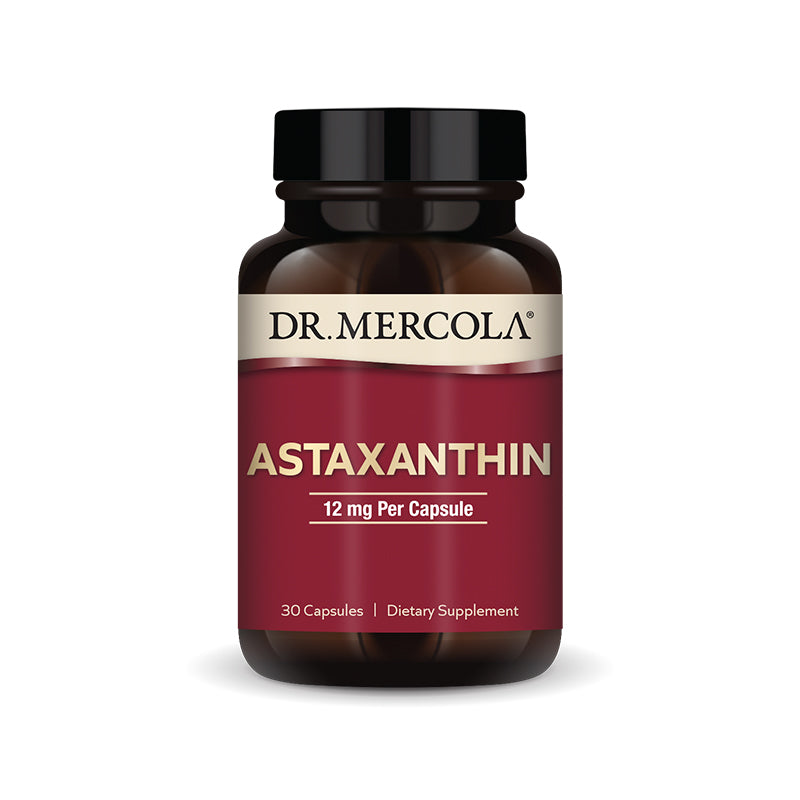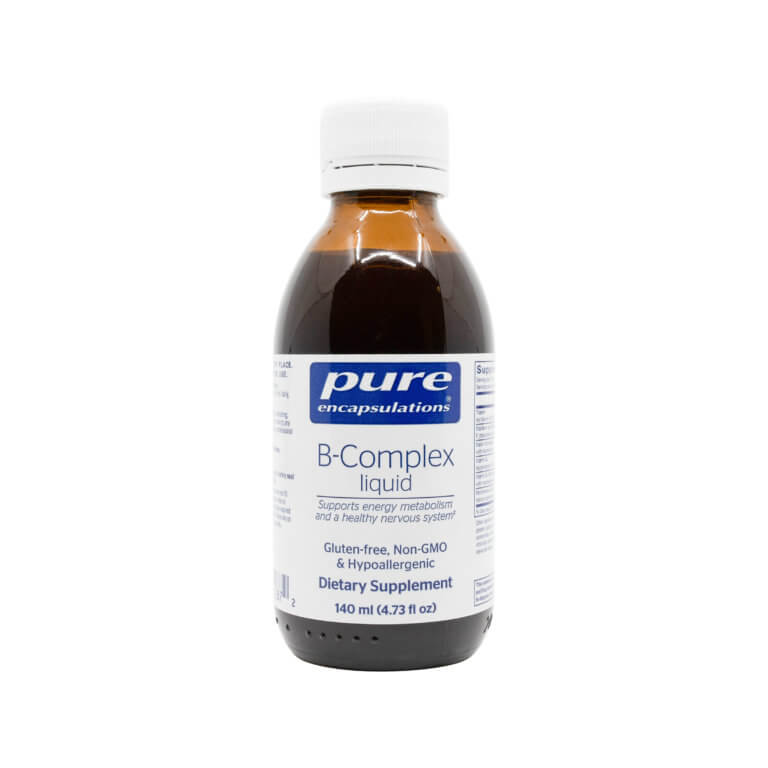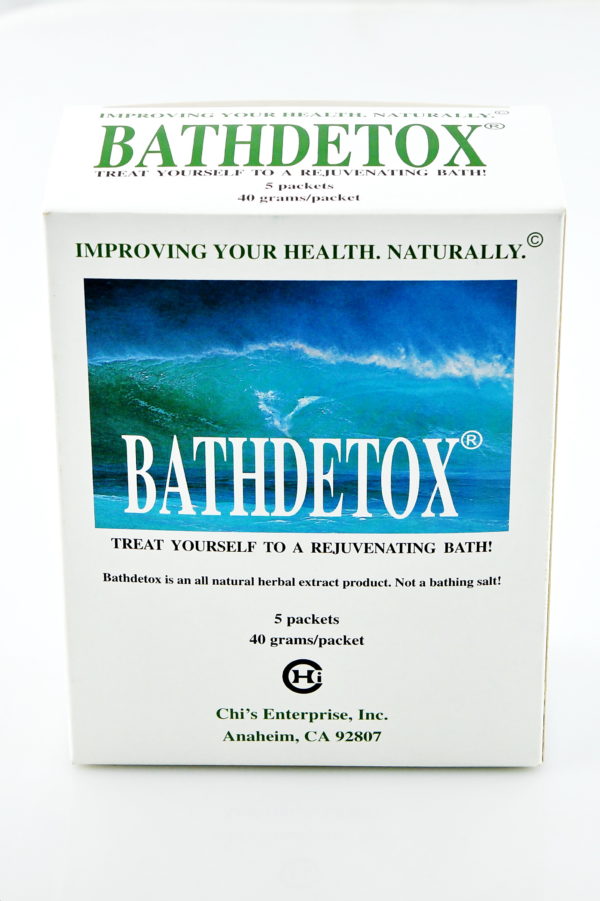by Glen Depke
Last week we addressed the multiple areas of sleep challenges in regard to melatonin production. Hopefully you have already begun to address the areas in your life that hinder this production. Remember also that it was mentioned that adding melatonin in a supplement form is not necessarily the answer.
So why not?
Well, melatonin is what I refer to as an end result hormone. When you look at the sleep cycle pattern it looks like this.
- Proper consumption of necessary proteins
- Proper breakdown of these proteins to supply the essential amino acid L-tryptophan
- Conversion of L-tryptophan into 5-HTP
- Conversion of 5-HTP into the neurotransmitter serotonin
- Conversion of serotonin to melatonin
With this you can see that adding melatonin does not fix the issue. It may be a quick fix, but that will be it.
So you can see that a disruption is sleep patterns can easily be created by poor diet or poor digestion. If you are not eating nutritional sources that contain tryptophan or if your digestive integrity is challenged, the cycle never really begins for you. With this in mind, be sure to add food sources that contain typtophan such as milk, tuna fish, soybeans, turkey, eggs, almonds, cabbage, kidney or lima beans, oats, pistachios, poppy seed, pumpkin seed, and spinach.
The next step is to be sure you can break down these foods properly by eating in a relaxed state (a few deep belly breaths go a long way), chew your food well and take a quality probiotic and digestive enzyme.
If you still find yourself struggling, you could add a L-tryptophan supplement 30 minutes prior to bedtime. It often helps to take this with a half/half mixture of grape fruit juice and water. This will not only assist with sleep but will also assist with B vitamin production.
Now, not every poor sleep pattern is tied into a poor sleep cycle. Very often it is tied into hormone imbalances, especially in regard to your adrenal glands. The cortisol produced in your adrenals for normal body function as well as a reactionary production due to physical or mental/emotional stress is often a significant issue. To understand, for proper hormone balance your cortisol and melatonin would typically be exact opposites of each other. When cortisol is up, melatonin would be down and likewise. Often when individuals have poor adrenal function, the cortisol levels are too high or too low, thus affecting the melatonin levels. To assess adrenal function and follow an adrenal balancing protocol I would recommend testing adrenal function with a comprehensive adrenal saliva test.
End results…poor sleep cycles.
If your sleep cycles are not providing you with the rest needed and energy desired, look at both the sleep cycle patterns mentioned above and/or your adrenal function. 9 out of 10 times, I see one of these two areas being the most significant challenge for my clients and often both are an issue.
Remember that within a healthy sleep pattern, you easily fall asleep, sleep soundly through the night and wake up rocked and ready to go. If you are not finding this to be the norm for you, find the imbalances and fix them before it becomes a significant issue for you.
If you have any comments or questions feel free to post this below.











